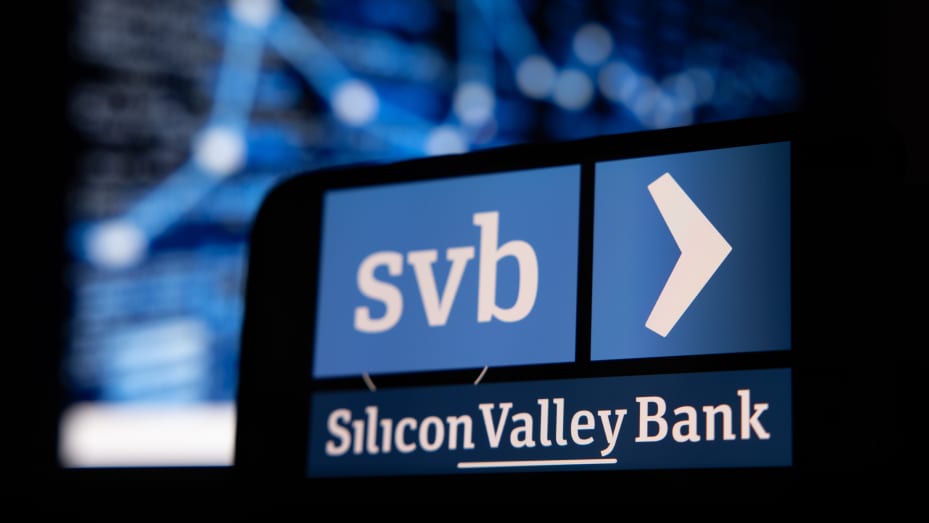Silicon Valley Bank, a tech-focused financial institution that collapsed this month, will be acquired in large part by First Citizens, who announced they will take over the failed banks deposits and outstanding loan balances.
By guaranteeing that depositors in SVB and the failed Signature Bank would be able to access all of their money, the Federal Deposit Insurance Corp. and other regulators had already taken extraordinary measures to prevent a larger banking crisis which quickly rippled through the global banking sector after news of SVB’s collapsed was made public.
Even though more than half of Silicon Valley’s assets will remain in U.S. receivership, the First Citizens deal, which was announced late on Sunday, appeared to accomplish, at least initially, what regulators had hoped for – a strengthening of trust in regional U.S. banks and bringing stability to the global banking industry.
Shares of midsized banks like Keycorp, Zions, and First Horizon rose 8% at the opening bell on Monday. As it floundered in the wake of the collapse in Silicon Valley, First Republic Bank saw a 23% increase in its share price after receiving a $30 billion rescue package from 11 of the largest banks in the country.
Customers of First Citizens, which has its headquarters in Raleigh, North Carolina, will automatically become customers of SVB. According to the FDIC, the 17 former SVB branches will open as First Citizens branches on Monday.
Commerzbank AG, a German lender, gained 2.4% at the opening bell on Monday, while BNP Paribas gained 1.2 percent. This month, concerns about a banking sector contagion quickly spread to Europe, where regulators arranged for UBS to acquire the troubled Swiss bank Credit Suisse.
Similar to the rise in interest rates, Deutsche Bank’s stock dropped 8.5% on Friday, but it rebounded 3.6% on Monday.
Customers rushed to withdraw money out of concern for the bank’s solvency, and Silicon Valley, based in Santa Clara, California, collapsed on March 10 as a result of a bank run. After Washington Mutual’s collapse in 2008, this was the second-largest bank failure in U.S. history. After two days, New York’s Particular Bank was seized by controllers in the third-biggest bank disappointment in the U.S.
In the two cases, the public authority consented to cover stores, even those that surpassed the governmentally protected restriction of $250,000, so contributors had the option to get to their cash.
In a $2.7 billion deal last week, New York Community Bank agreed to acquire a significant portion of Signature Bank; however, the search for a buyer for SVB took longer.
The offer of Silicon Valley Bank includes the offer of all stores and advances of SVB to First-Residents Bank and Trust Co., the FDIC said.
The acquisition grants the FDIC $500 million in First Citizens shares. The FDIC stated that under a loss-share agreement, both First Citizens and the FDIC would share in losses as well as the possibility of recovering loans.
According to the FDIC, First Citizens will acquire $72 billion at a discount of $16.5 billion while the FDIC will retain approximately $90 billion of Silicon Valley Bank’s total assets of $167 billion as of March 10. It stated that its industry-funded Deposit Insurance Fund will lose approximately $20 billion in the event of Silicon Valley Bank’s failure.
First Citizens Bank was established in 1898 and boasts more than 500 branches in 21 states as well as a nationwide bank. It claims to have more than $100 billion in total assets. In the most recent quarter, it reported a $243 million net profit. It claims to be the largest family-controlled bank in the nation and is one of the top 20 U.S. banks.

